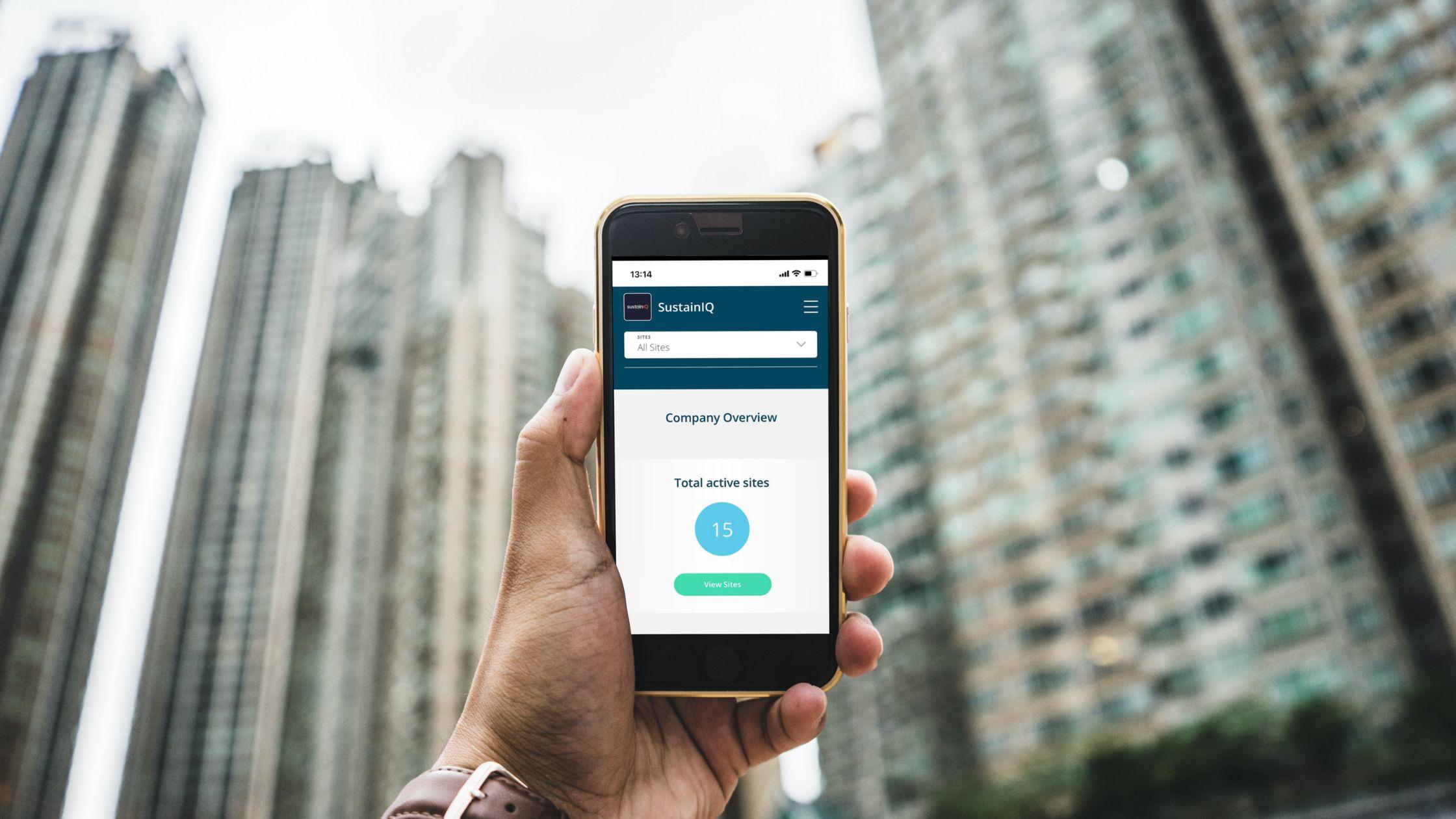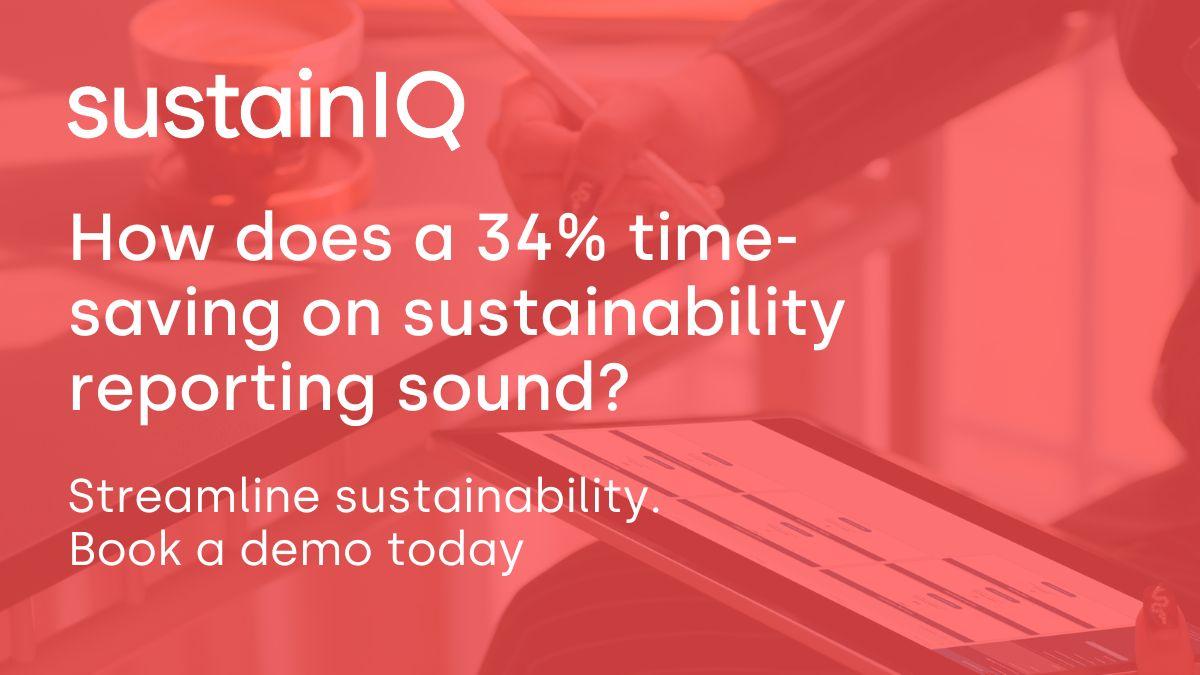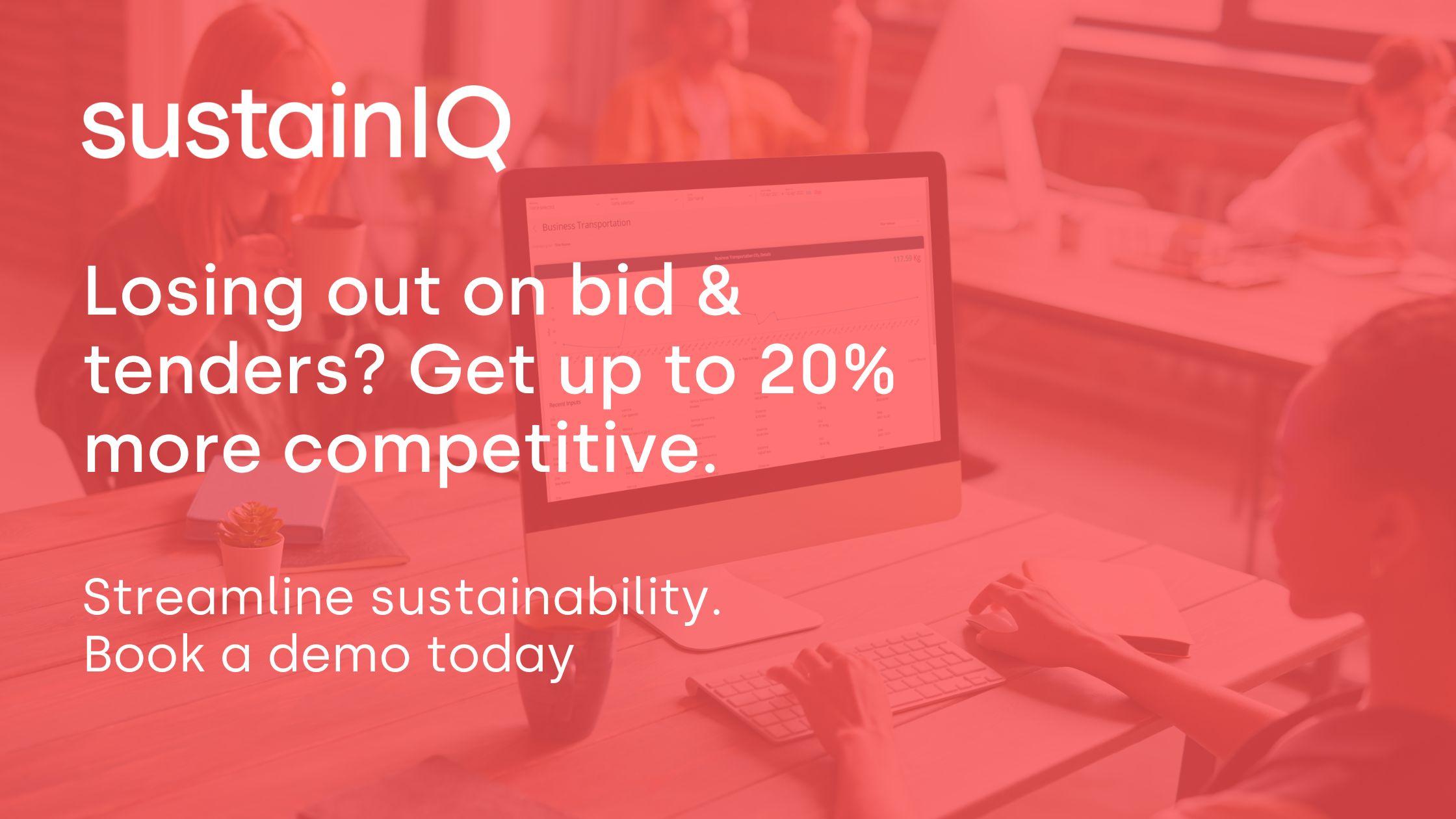Mar 18, 2022 | Greg Wood

In 2022, we’re seeing unparalleled interest in ESG and sustainability across all sectors. It’s in every media source we encounter. It’s coming from governments, academia, business, consumers, the media and it’s widespread and contagious. There truly is a palpable momentum for change, but it’s imperative that we grasp it now because, while it’s powerful, it’s also fragile.
What it’s particularly susceptible to is the short-term, profits-focused thinking that has been a hallmark of the global economy since the industrial revolution. If we can’t persuade business leaders to set aside their fixation with quarterly sales targets and annual profits in favour of building a business that will survive what the climate crisis has to throw at us rather than contributing to it, we may all pack up and go home.
What’s the cost of doing nothing?
Of course cost is a key consideration in business, but sometimes calculating the cost of doing nothing is omitted from the equation, when it would in fact help to clarify things considerably. This can particularly be the case when it comes to sustainability or ESG considerations. Yes, there often needs to be a financial investment, particularly if seeking to embed technology that can help you measure and manage your efforts, but it’s important not to underestimate the potential return and benefits that investment can have. For example, our clients talk about how they save considerable time as a result of the simplicity of using SustainIQ to gather data on their ESG efforts. For some, it’s invaluable for collating information for tenders to bid for work, particularly those in the construction sector, while for others, it’s the ease of extracting information for reporting, whether internally to their Board or externally to clients, that they see as a major benefit.
What will you save on time?
Prior to SustainIQ, our clients shared tales of creating multiple spreadsheets, spending hours chasing colleagues for data, then entering it and having to pull off incomplete and very time-consuming reports. If this sounds familiar, have you taken the time to calculate what that costs your business? Some of our clients estimate saving 50+ days per year minimum, just on tender responses alone. A rough calculation puts the cost of that at around £8k per year, not to mention the added benefit of freeing up that time to invest more in business development and improvement initiatives.

Can you put a price on trust?
So, saving time and money is one reason for investing in ESG, but another, much harder to quantify, but massively important benefit is around building trust through greater transparency. Greenwashing and the dangers of it, whether perceived or real, can’t have escaped your notice in recent months. Since the Competition and Markets Authority (CMA) released its Green Claims Code in January, there’s been a growing realisation that tolerance for making claims that could mislead is waning. Companies now need to be able to evidence their ‘green’ claims and failure to do so could well lead to legal proceedings, or worse, loss of reputation.
Data is key to good ESG and sustainability practice. Recording facts, analysing them, setting targets, measuring progress – all of this provides a level of transparency that helps to build trust. The latest Edelman Trust Barometer findings show that 63% of people in the UK expect CEOs to hold themselves accountable to the public and not just their Board and Shareholders. To do that, there needs to be understanding and knowledge of your business and its impacts – beyond financial – and there needs to be a willingness to share that information with stakeholders. Building trust means more loyal customers, employees and clients – it is truly priceless – but it is rarely achieved by companies that are solely fixated on short-term financial return.
An edge on the competition
And then there’s the competitive advantage of being in the same headspace as your customers and speaking the same language. If you’re a supplier to government or public sector clients, you’ll know that sustainability and social value measures are increasingly important. Indeed, from 1 June this year, public sector tenders in NI must allocate at least 10% of the total scoring to social value considerations. Social value has of course been a procurement consideration in other UK regions for some time now and in the Republic of Ireland and across Europe, Green Public Procurement criteria are applied to tenders.
It makes sense therefore that, if you can demonstrate your ESG credentials as part of the tendering process, you stand to have a competitive advantage. Where those credentials can be quantified and backed up by solid evidence of measurement and monitoring, that strengthens your potential to win business.

Reducing risk
With growing scrutiny around ESG and sustainability comes increased legislation, reporting requirements and of course risks of non-compliance. Data provides strong evidence to track and demonstrate compliance, reducing your risk of breaches. It’s also fair to say that if you don’t actually know your impacts, you have no idea whether you are at risk of falling foul and you’re operating your business blind. Imagine not tracking your income and expenditure – how would you know whether your business is healthy or not – financially at least? The same rigour should be applied to the health of your procurement and materials supply chain, your environmental impacts and your social influence – both internal and external to the company. Information is power, as testified by Ciaran McConnell, Managing Director of JP Corry (Part of the Saint-Gobain Group) "Because the data all feeds into one source, we can draw down the information and use it to improve, not just our sustainability, but our operational excellence and fundamentally cost efficiencies as well”.
Carbon Tax
If none of this is enough to convince you that you can’t afford NOT to invest in ESG, sit down and calculate the possible cost to your business when a carbon tax comes into play, and that’s when, not if. At SustainIQ, we’ve done this exercise with a couple of our clients, looking only at their scope 1 and 2 emissions at this stage and they’re facing potential bills of around £40-£60k. Of course, the final figure will depend on the price of carbon at that time and that fluctuates depending on what’s happening in the world. We were able to help clients with this because they have a robust data measurement tool in place. Without that, they would be shooting in the dark. With it, they can plan for reductions to carbon impacts, track their progress and lessen the likelihood of a huge carbon tax bill.
If you remain unconvinced and plan to plough on, focusing only on the bottom line for now, good luck – you’ll need it. If you want to know more about how you can save time, reduce risk, increase your competitive advantage and build trust in your business, get in touch and we’ll be happy to explore how SustainIQ can help.
63% of people in the UK expect CEOs to hold themselves accountable to the public and not just their Board and Shareholders
